The Salesforce Architect exams each come with a resource guide, which includes helpful links for each section of the exam. I have found those incredibly useful in my study. Resource guides don’t currently exist for the standard exams, so I have compiled content into a series of resource guides. This is the Pardot Consultant resource guide.
The Pardot Consultant certification focuses on your knowledge of the tools and features within the Pardot platform, and best recommendations towards their application. There are 2 Pardot exams, the Specialist (covered previously) and the Consultant. The Consultant exam focuses more on implementation and best practices, while the Specialist exam focuses on the practical use of the Pardot platform. Specialist is geared towards end-users, Consultant is for implementation experts in a customer facing role.
Understanding the Tests
As I mentioned in a previous post, understanding the intention and structure of the exams is key to passing. Salesforce provides a study guide for every certification test. In those guides, they provide a breakdown of the different sections and their relative weight. Take note of those while studying.
Breakdown
| Topic | Weighting | # of Questions |
| Discovery | 14% | 9 |
| Account Configuration | 14% | 9 |
| Automating Business Processes | 14% | 9 |
| Email Marketing | 14% | 9 |
| Lead Qualification | 13% | 7 |
| Lead Generation | 12% | 7 |
| Personalizing the Prospect Experience | 7% | 4 |
| Reporting | 7% | 4 |
| Salesforce Engage | 5% | 3 |
As this is the Consultant exam, there are fewer sections, but a heavy focus on best practice recommendations. That means that for this exam, some practical experience is a must. It is very difficult to just study for this exam and pass without having some Pardot background. You must have at least a cursory knowledge of each area of the platform.
Under each topic in the study guide, there are bullet points that describe the information you need to know. For example, the ‘Email Marketing’ section, the bullet points are:
- Given a scenario, develop and implement an email marketing strategy.
- Given a scenario, develop and implement a lead nurturing strategy.
There are just 2 bullet points, but that section carries 14% of the test weight. So you know you will be presented with several scenarios and asked what your design recommendation will be. This requires that you know the available tools, and which to use to meet a client’s goals.
Resources
DISCOVERY – 14%
- Given a scenario that includes an assessment of a customer’s current software solutions and tools, analyze and prioritize first steps in Pardot.
- Given a scenario that includes an assessment of a customer’s current Salesforce setup and existing automation processes, analyze and prioritize first steps in Pardot.
- Given a scenario that includes an assessment of a customer’s data (marketing assets, leads & contacts, etc.), analyze and prioritize first steps in Pardot.
- Pardot Implementation Guide – This resource covers best practices for this entire section
- Pardot Plan for Success – Planning materials useful for this section
- Provided customer goals, map these goals to features in Pardot.
- Design a strategy to meet customer business needs based on an analysis of key performance indicators.
ACCOUNT CONFIGURATION – 14%
- Articulate the implications and importance of technical setup.
- Develop and recommend a data and asset migration strategy.
- Understand and explain how to create a custom user role.
- Understand and explain how to create custom objects.
- Given a scenario, recommend the sequence in which to configure Pardot and Salesforce.
- Given a usage governance plan, develop and recommend an organizational strategy that addresses naming conventions, user roles, and folder structures.
- Describe the benefits of connected apps (Google Adwords, GoToWebinar, Webex).
AUTOMATING BUSINESS PROCESSES – 14%
- Given a scenario, recommend the best automation tool(s): automation rule, segmentation rule, dynamic list, completion action.
- Given a scenario, design a sequence of events in Pardot to complete a marketing initiative (assets, trigger points, notifications, etc.).
- Choose the Right Automation Tool (Trailhead)
EMAIL MARKETING – 14%
- Given a scenario, develop and implement an email marketing strategy.
- Given a scenario, develop and implement a lead nurturing strategy.
LEAD QUALIFICATION – 13%
- Develop and implement a Lead Qualification strategy (including use of multiple scoring categories, profile creation, and grading automation).
- Given a lead qualification standard, classify qualified and unqualified leads/prospects.
- Given a scenario, recommend a model to route qualified and unqualified leads across the business.
LEAD GENERATION – 12%
- Given a customer scenario, develop and recommend a lead generation strategy.
- Pardot Lead Generation (Trailhead)
- Identify the steps to create a form handler.
PERSONALIZING THE PROSPECT EXPERIENCE – 7%
- Create advanced dynamic content in Pardot. Given a lead qualification standard, classify qualified and unqualified leads/prospects.
- Given a scenario, recommend ways to personalize the prospect experience (including use of dynamic content and application of content marketing best practices).
REPORTING – 7%
- Given a scenario, including data generated in Pardot Reports and customer goals, recommend system changes for optimization.
- Compare and contrast Form versus Landing Page Reporting attribution.
SALESFORCE ENGAGE – 5%
- Configure Salesforce Engage for sales use.
- Describe the benefits of Salesforce Engage.
- Salesforce Engage (Trailhead)
Ready for the Exam?
Book your exam now, even before you start studying. There’s no better way to drive you to study than booking your exam.
For the Pardot Consultant exam, I highly recommend hands-on time working inside of Pardot. While there is a good amount of study material linked here, many of the questions asked on the exam are not obvious unless you have real world experience. Pay special attention to: which automation tools to use, how time works in engagement studio and how to plan for a Pardot implementation. In each of those three articles, think backwards about exam questions. For example, when learning about pauses in engagement studio, think about how a question could be posed to verify that you understand how pauses work.
If you have questions during your exam preparation, please feel free to reach out. I’ll do my best to respond with some help and guidance.

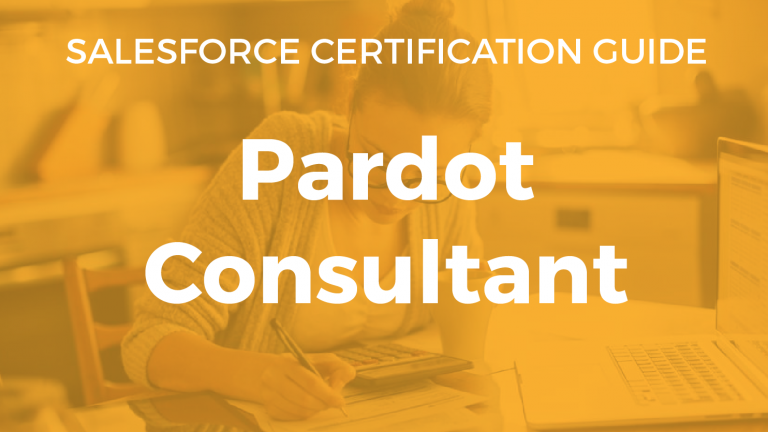
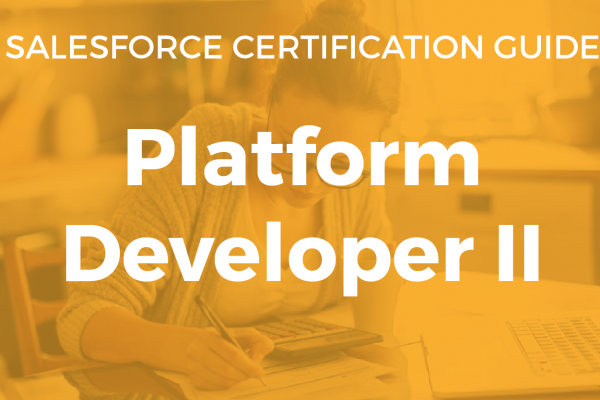
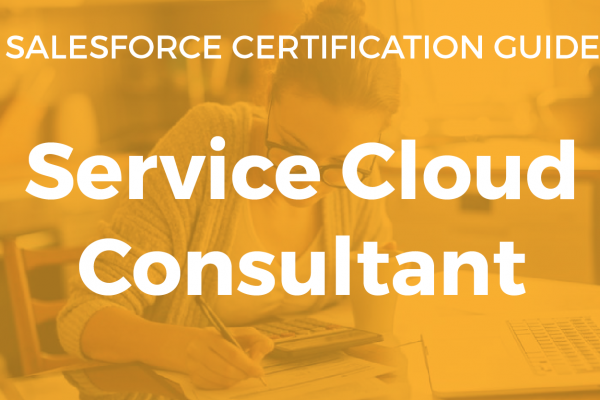
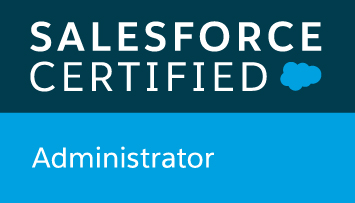
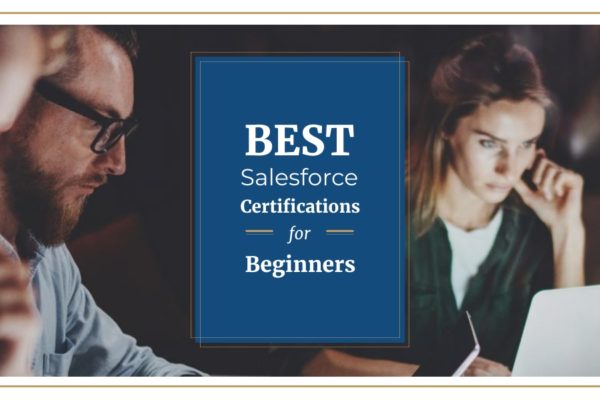
Hi Chris,
Your Pardot Consultant Resource Guide helped me lot to get right content and study material URL for my certification preparation.
I have successfully completed Pardot Consultant Certification.
I am WordPress, PHP developer and this is my entry point in Salesforce Ecosystem. I want to work in Salesforce technology.
Please suggest what should be the next step for me to get into Salesforce Career.
Thanks
That’s great news! I’m glad you passed the exam. Now that you have a certification, I would recommend looking for Pardot contract work. Contract work could be done part-time while you continue your WordPress development career. Once you have some Pardot experience, you can look for a Salesforce position. You will have a better chance at a position once you have some experience on your resume.
Hi Chris,
Do you know if its possible to get a Developer/Free account for Marketing Cloud and/or Pardot so i can learn these systems? Not sure how to practice….
As of now, there are no developer orgs for Pardot or Marketing Cloud. There are only two ways I know to get access:
Unfortunately that is the only way I know to gain access in order to get real world experience on the platform. I do hope that developer accounts become an option in the future.